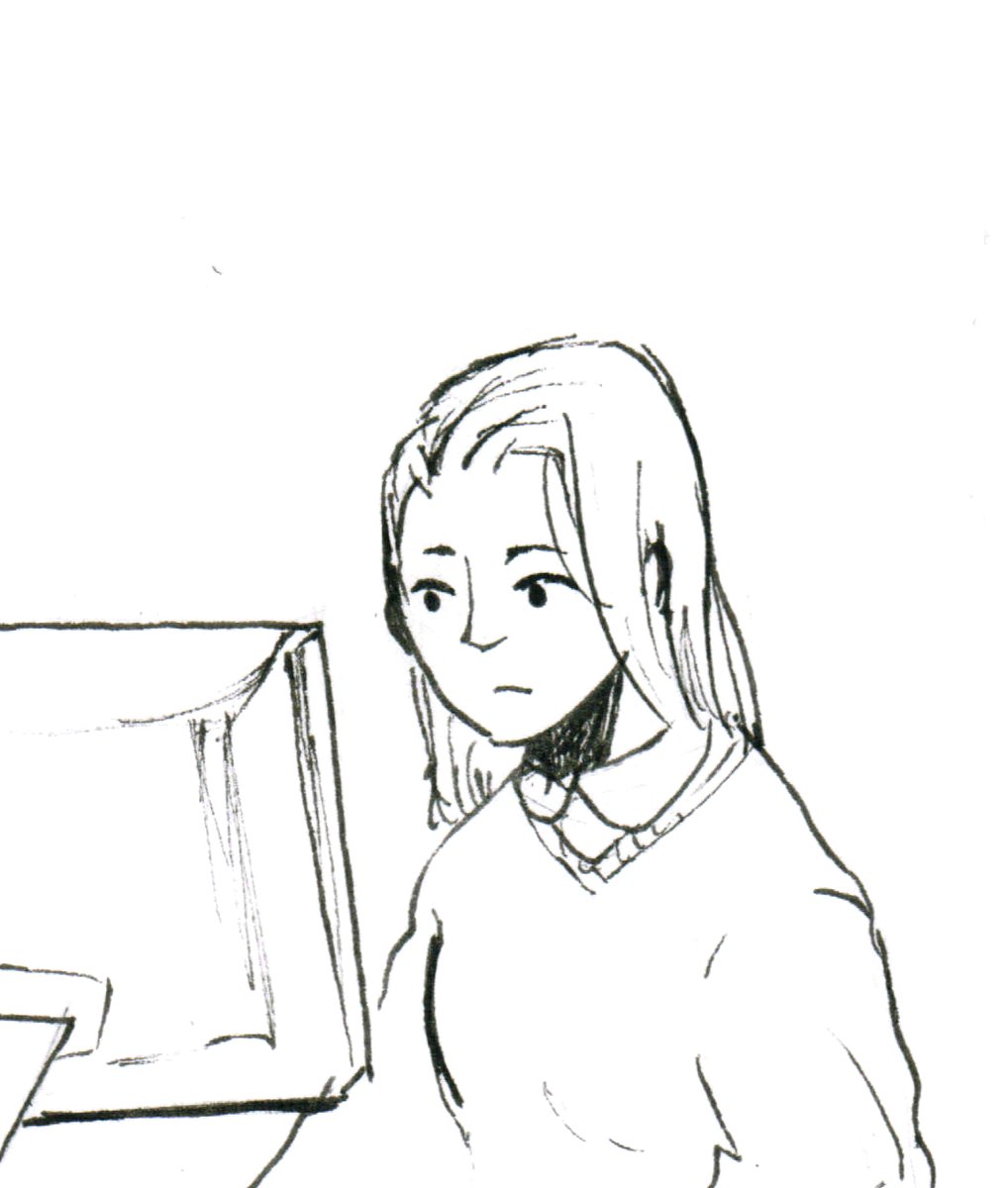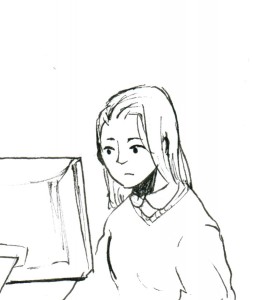Social media wears down patience levels

Social media, a distinguishing characteristic of the technological age, is an powerful tool that not only connects people all around the globe but also allows people to voice their opinions. The advent of social media, however, brings with it unwanted side effects on the psychology of the human brain. As social media becomes more and more popular, people have started to forego face-to-face human interactions in favor of carefully orchestrated profile pictures and well thought-out posts, focusing on garnering “likes” rather than making connections. Among these well-known effects, though, lurks the widely unrecognized loss of patience that is caused by the fast-paced world of social media. This desire for instant gratification by means of social media is unhealthy, addicting, and affects students’ lives even off the Internet.
also allows people to voice their opinions. The advent of social media, however, brings with it unwanted side effects on the psychology of the human brain. As social media becomes more and more popular, people have started to forego face-to-face human interactions in favor of carefully orchestrated profile pictures and well thought-out posts, focusing on garnering “likes” rather than making connections. Among these well-known effects, though, lurks the widely unrecognized loss of patience that is caused by the fast-paced world of social media. This desire for instant gratification by means of social media is unhealthy, addicting, and affects students’ lives even off the Internet.
A recent study indicated that 81% of teenagers use social media sites, including Facebook, Twitter, and Instagram. This number includes most students on campus.
“I definitely spend more time than I should on social networking sites,” senior Anh Do said. “I average two or three hours a night but the trend spikes on weekends. ”
The amount of time that students spend on social media sites is hardly quantifiable, however. Many people have smart phones through which they can not only visit sites frequently and conveniently, but also receive notifications alerting them of instant messages, new posts, or “likes”. This usage in particular is often overlooked, but can negatively impact a student’s performance in school as well as their patience levels.
“I get social media updates on my phone,” junior Zirui Jiang said. “I am almost constantly checking my phone and sometimes forget about my homework.”
The world of social media creates a desire for quick responses that cannot be satisfied in the real world. Students have been increasingly drawn in by social media more and more and often neglect their schoolwork for that reason.
Because students receive constant and almost instantaneous updates from Facebook or Instagram, they expect the same to happen in other aspects of life, such as when emailing a teacher with a last-minute question or sending a college application. Unfortunately, this is not the case in most scenarios, and students’ patience levels, worn down by overuse of social media, are not able to stand the test of time.
Because of social media in the day and age, speed is everything and patience has lost its value. Although social media may seem to have its benefits, the pace of our society is changing, perhaps for the worse, because of it.

